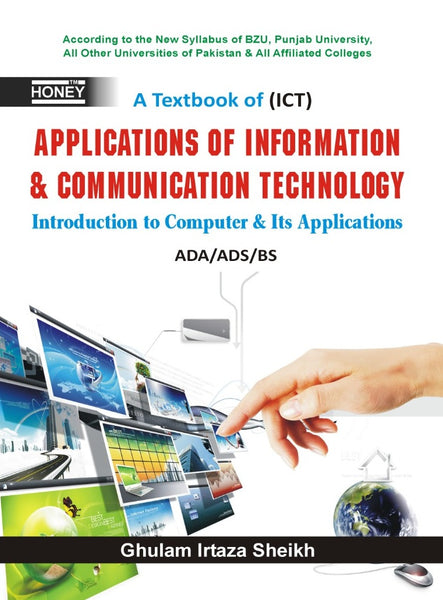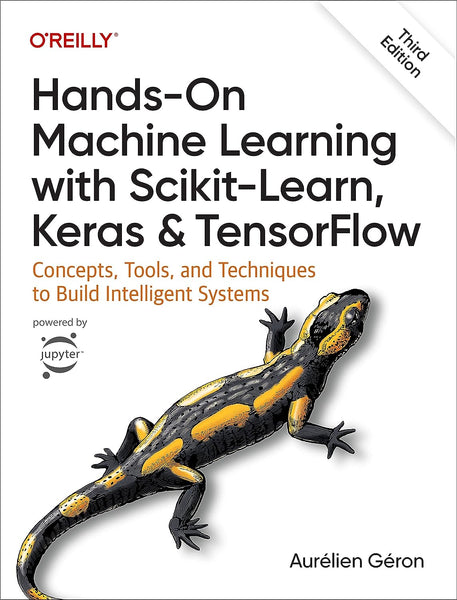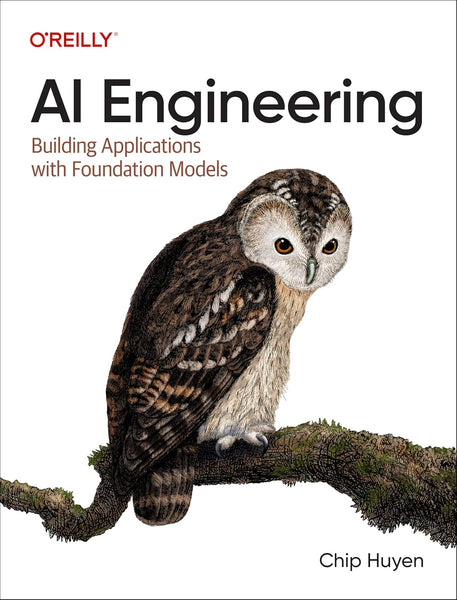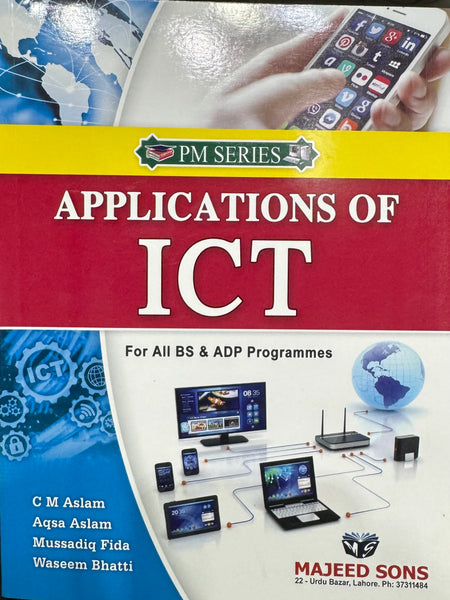Deep Learning Foundations and Concepts by Christopher M. Bishop
- Publisher: COMPUTER SCIENCE
- Availability: In Stock
- SKU: 58250
- Number of Pages: 656
Rs.1,390.00
Rs.1,890.00
Tags: activation functions , adversarial networks , autoencoders , backpropagation , bias in machine learning , case studies , Christopher M. Bishop , convolutional neural networks , deep learning challenges , deep learning models , ethical implications , fairness in AI , generative models , gradient descent , Hugh Bishop , hyperparameter tuning , image recognition , implementation techniques. , information theory , Keras , machine learning algorithms , neural network applications , overfitting , practical deep learning , PyTorch , recurrent neural networks , regularization , speech processing , TensorFlow , training deep networks , transfer learning , transparency in AI , vanishing gradient problem
Deep Learning: Foundations and Concepts by Christopher M. Bishop and Hugh Bishop
Deep Learning: Foundations and Concepts by Christopher M. Bishop and Hugh Bishop offers an in-depth exploration of deep learning, a subfield of machine learning focused on algorithms inspired by the structure and function of the human brain. The book provides comprehensive coverage of the theoretical foundations, mathematical concepts, and practical applications of deep learning. It is a valuable resource for students, researchers, and practitioners who want to understand both the underlying principles and real-world uses of deep learning techniques.
Key Features:
-
Theoretical Foundations: The book starts with a detailed explanation of the fundamental concepts of deep learning, such as neural networks, activation functions, and backpropagation, which form the building blocks of deep learning models.
-
Mathematical Underpinnings: It covers the mathematics behind deep learning, including linear algebra, probability theory, optimization, and information theory, offering readers the necessary tools to understand and implement deep learning algorithms.
-
Understanding Neural Networks: Detailed discussions on the structure of neural networks, including multilayer perceptrons (MLPs), convolutional neural networks (CNNs), and recurrent neural networks (RNNs), explaining how they process and learn from data.
-
Training Deep Networks: The book provides insights into how deep learning models are trained, including gradient descent, optimization techniques, regularization methods, and the importance of hyperparameter tuning.
-
Applications of Deep Learning: The authors explore various real-world applications of deep learning, such as image recognition, speech processing, natural language processing, and reinforcement learning, showing how these models are applied in diverse industries.
-
Advanced Techniques: It delves into advanced topics such as generative models, autoencoders, transfer learning, and adversarial networks, expanding the reader’s knowledge beyond basic deep learning models.
-
Practical Implementation: The book emphasizes the practical aspects of implementing deep learning systems, including the use of popular libraries like TensorFlow, Keras, and PyTorch for building and deploying models.
-
Challenges in Deep Learning: The authors discuss common challenges faced in deep learning, such as overfitting, the vanishing gradient problem, and computational efficiency, offering strategies for mitigating these issues.
-
Ethics and Societal Impact: It also includes a discussion on the ethical implications of deep learning, including concerns related to bias, fairness, and transparency, encouraging readers to consider the broader social impact of these technologies.
-
Illustrative Examples and Case Studies: Throughout the book, the authors provide numerous examples and case studies that help to clarify complex concepts and demonstrate how deep learning is used in practice.
Conclusion:
Deep Learning: Foundations and Concepts by Christopher M. Bishop and Hugh Bishop is a highly valuable resource for anyone looking to build a solid foundation in deep learning. With its focus on both theory and application, the book strikes a balance between mathematical rigor and practical insights, making it suitable for both newcomers and experienced practitioners in the field of machine learning. By providing a comprehensive understanding of deep learning techniques, this book prepares readers to apply these powerful models to solve real-world problems effectively.

























